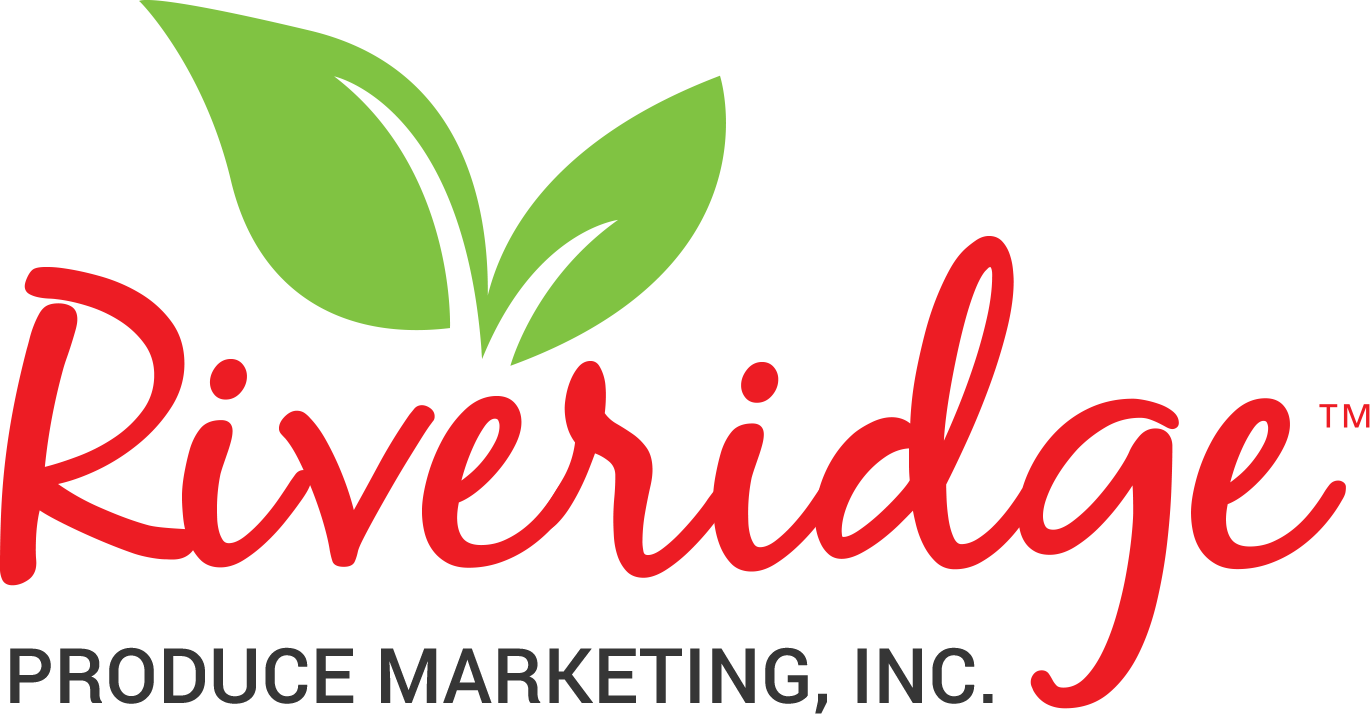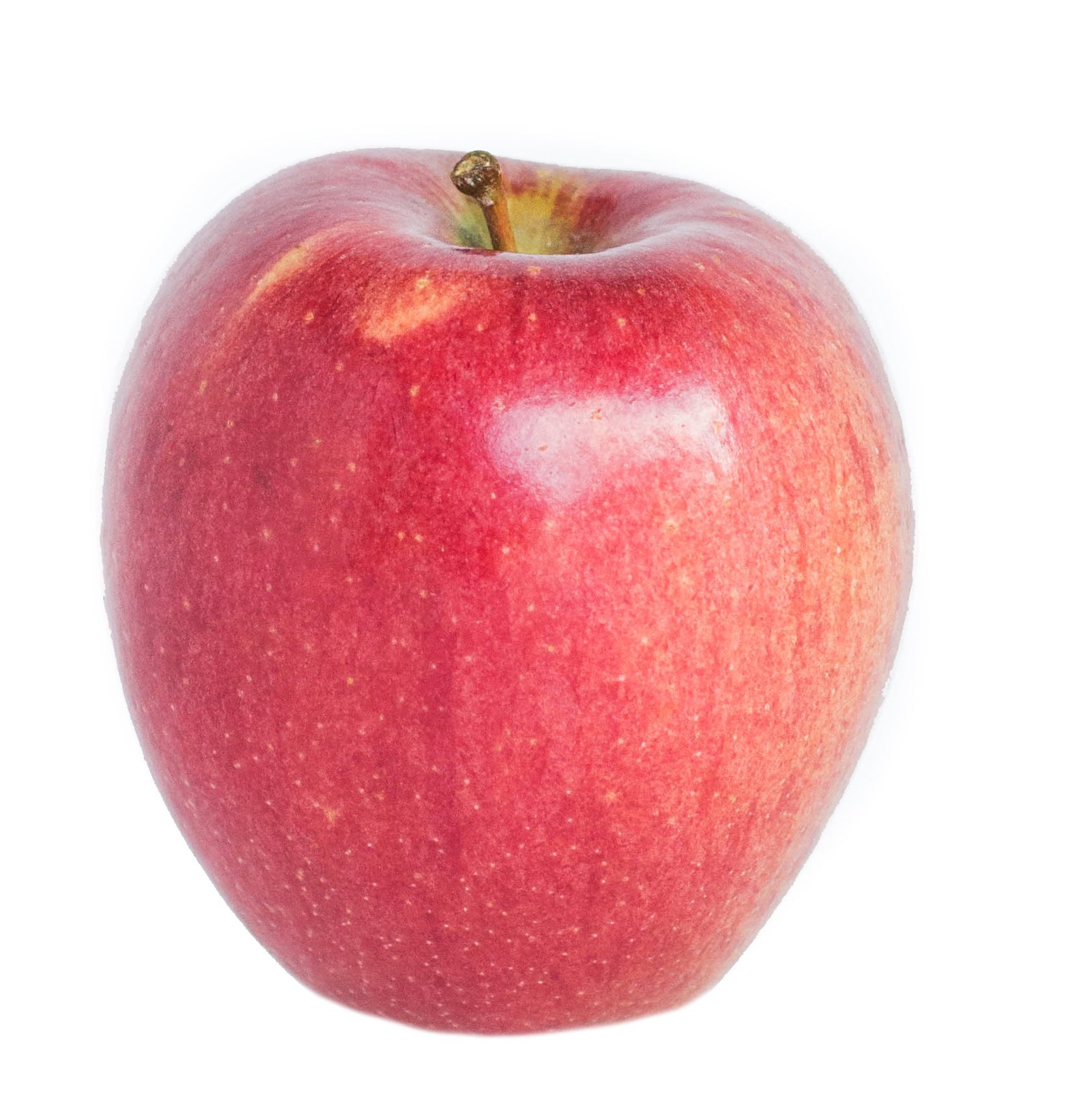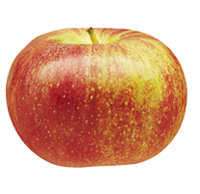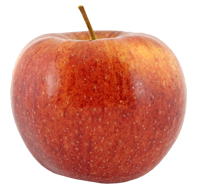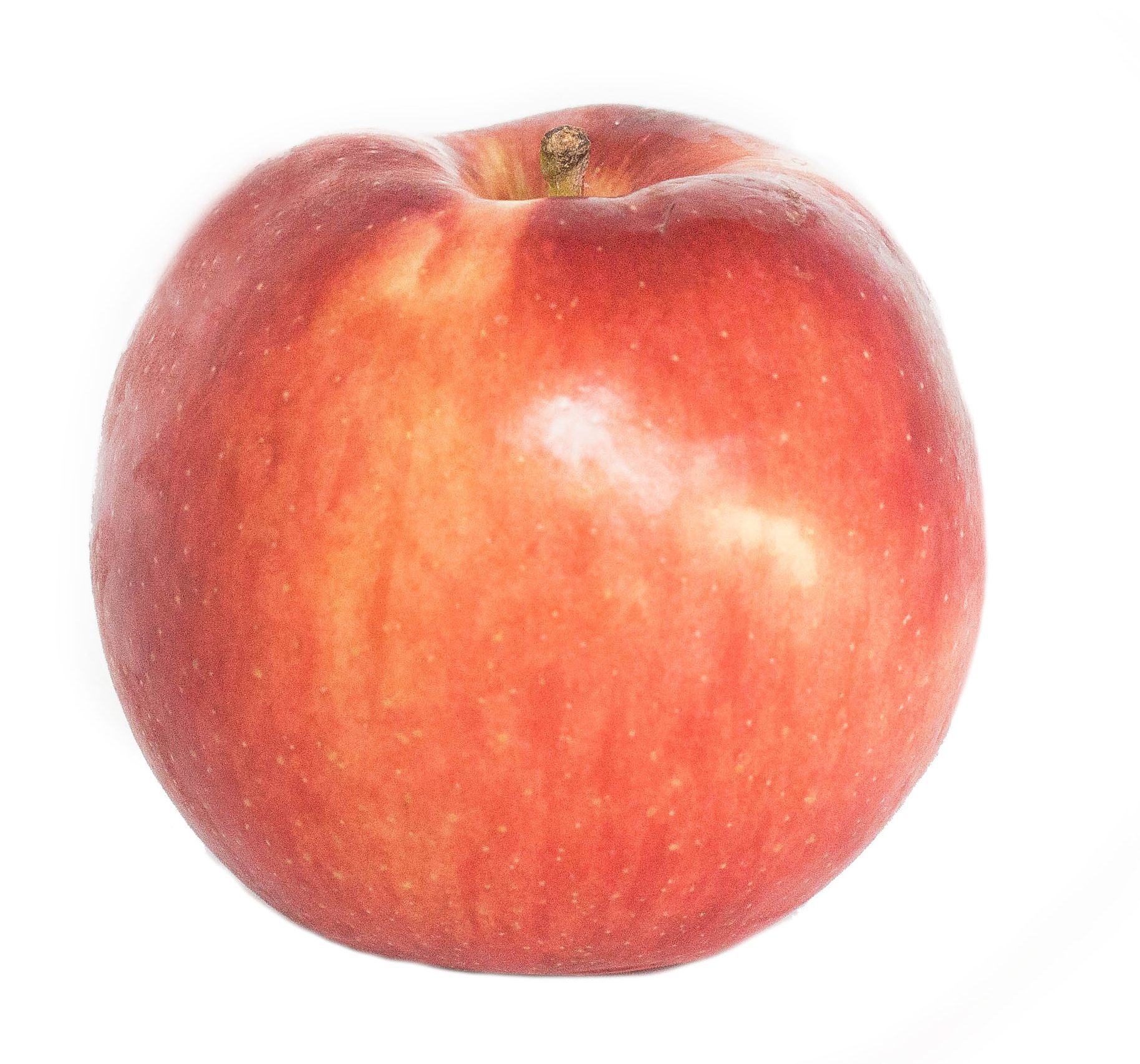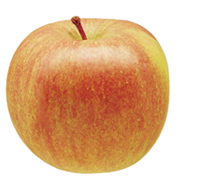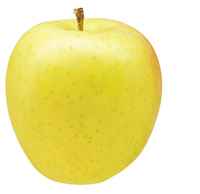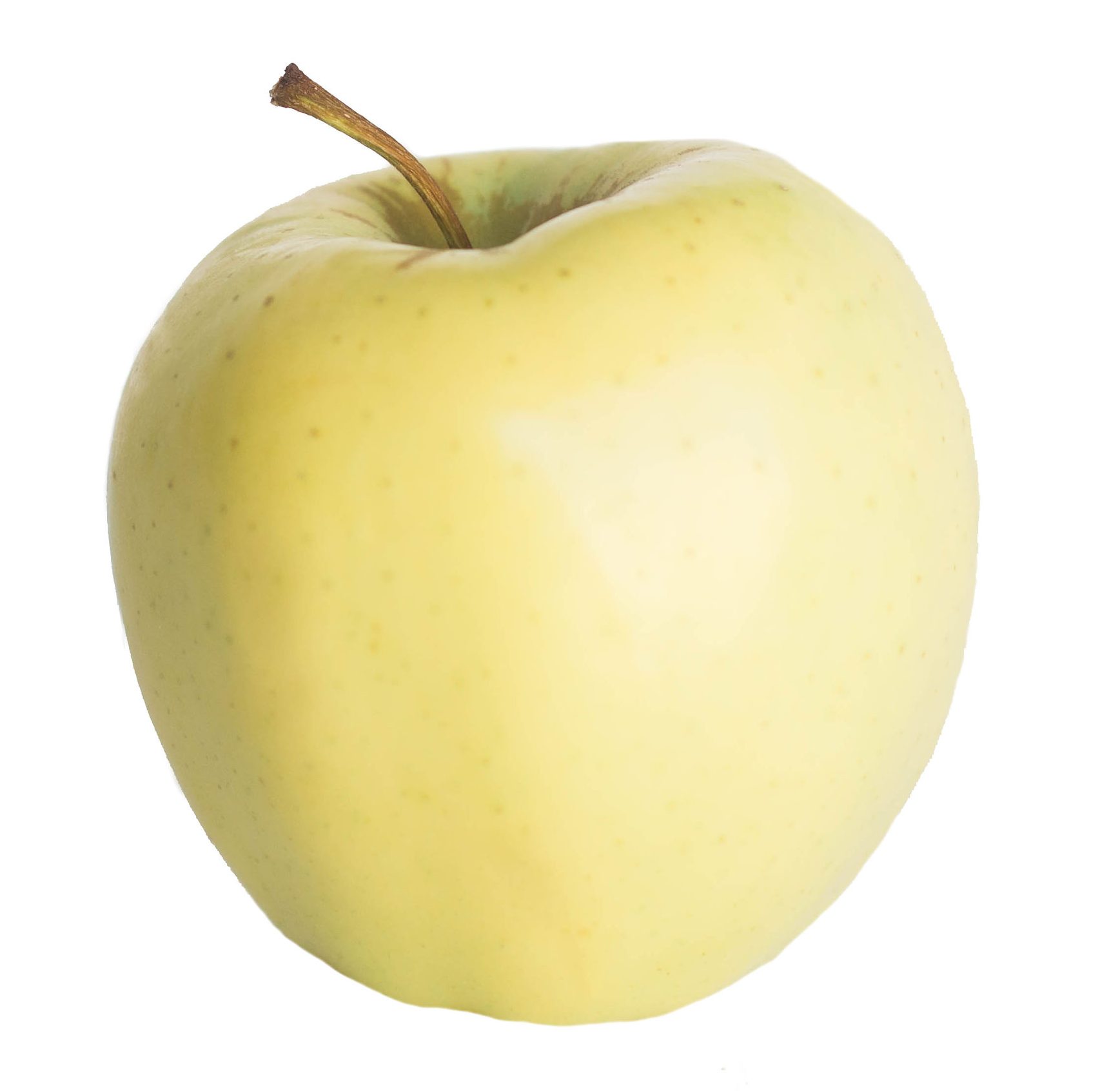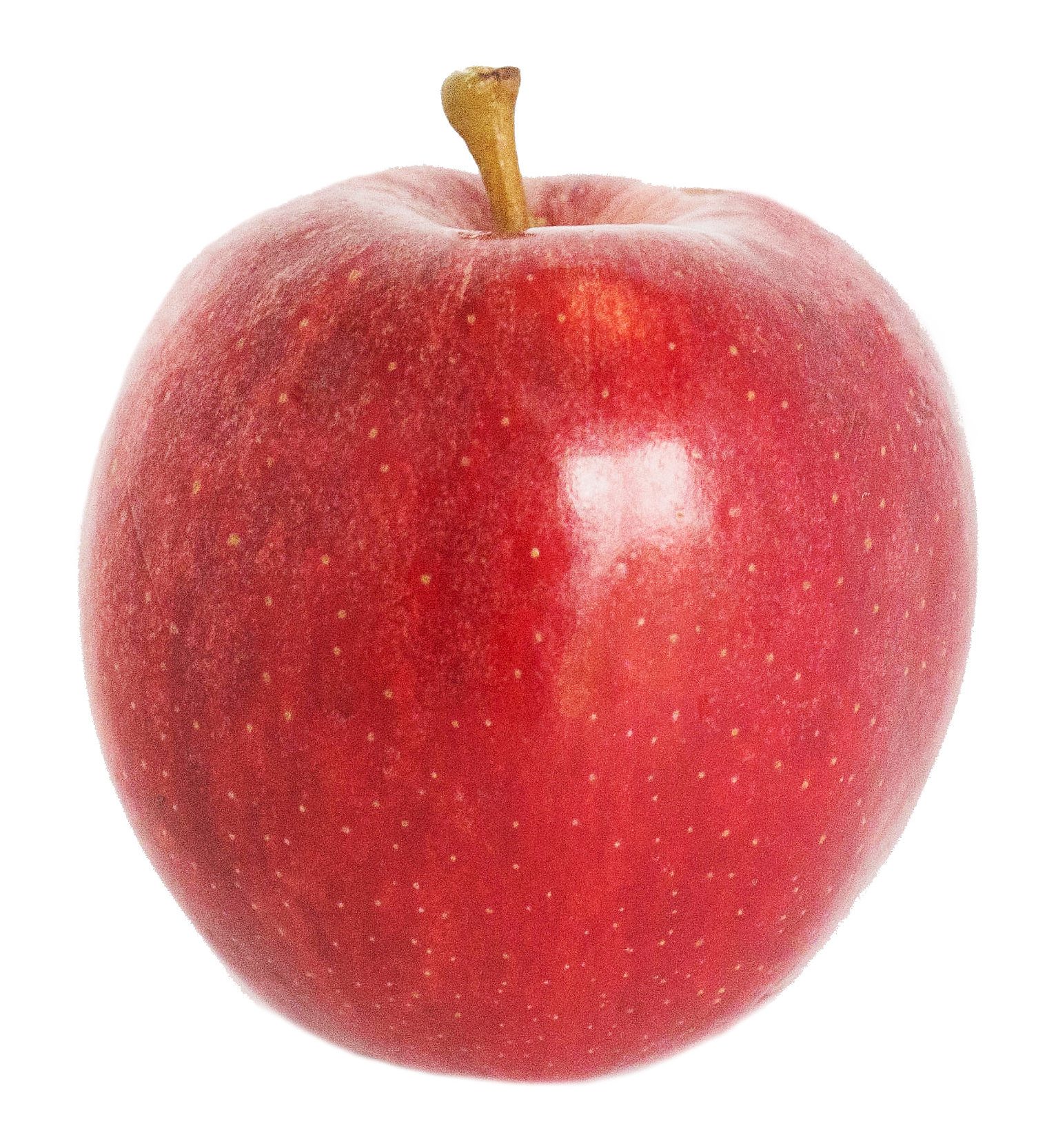Riveridge: A vertically-integrated company that operates over 860 acres of orchards
History of Riveridge
In addition to providing a variety of resources for other local growers, Riveridge is a vertically-integrated company that operates over 860 acres of orchards. Riveridge Land Company was founded in 1995 and is under the oversight of Operations Manager Justin Finkler. Justin also supervises Riveridge’s packing plant, but particularly enjoys being out in the orchard. “Every year the weather and the “lake effect” off Lake Michigan are different,” says Justin. “I enjoy the challenge of being outdoors in Michigan whether we’re winter pruning, engaging in frost protection measures or trying to get the job done at harvest.”
Growth
When Riveridge planted its first orchard in 1995, the partners started with 220 acres and used it exclusively to grow apples. Since that time, they’ve increased their production base to 860 acres and diversified by adding sweet cherry and blueberry acreage. Riveridge is experimenting with high-tunnels for raspberry production.
Riveridge has a diversified supervisory team that helps manage both the farms and the seasonal employees. “In the orchard we’ve hired the right people to oversee our staff and treat them with respect,” said Justin. “The loyalty and expertise of all our employees is vital when a large harvest is upon us to make things run as smoothly as possible.”
The team sees Riveridge’s expansion into apple production as another opportunity to be a leader in the industry, and is constantly looking for advanced methods to ensure quality. They pursue education and new certifications to ensure the latest in growth techniques and practices.

Sustainability
Many of these new techniques are related to “green” growing practices and environmentally-friendly equipment. In years past, pest control sprayers would activate whether there was a known problem or not. Now, Riveridge and most other Michigan orchards employ specialized entomologists, called scouts, who are trained monitor insect populations and recommend sprays only if a threat is detected.
Sprayers have become more efficient by using sonar to target specific areas that have pest problems. This saves money and reduces the use of chemicals.
“We’re constantly trying new growing techniques and integrated pest management practices in order to create a more holistic growing environment,” says Don Armock, Riveridge president. “We have gone beyond routine insect scouting to participate with our neighbors in area-wide pheromone mating disruption projects with Michigan State University.”
“We’re also very proud of our native pollinator project, where we have some wildflowers and native habitat that attracts pollinating insects other than honeybees,” Don says. “We believe the diversity in pollinators is good for the orchards in the long term.”
Riveridge also utilizes barn owl houses, bat houses, kestrel houses and scarecrows across its orchards to deter predators that might like to crunch on a ripening apple!
In 2010, Riveridge became verified in the Michigan Agriculture Environmental Assurance Program (MAEAP), a voluntary program that documents a farm’s compliance with important environmental practices.
Future of Riveridge
Riveridge is pursuing the latest technology and healthy growing practices to create a superior product.
An important innovation is high-density tree plantings, a practice that trains trees to about 12 feet tall with minimal branches. The result is a flatter, “fruiting wall” concept that makes the most of available sunlight. The company’s newest high-density orchard was trained on V trellis, which has a very high-tech look.

Justin says, “It’s a little more expensive to set up initially, but the advantages add up in the long run.” By planting trees closer together and training to the “fruiting wall” concept, the trees produce higher-quality fruit and increased yield. They’re also easier for the workers to trim, thin and harvest.
“We’re working hard to maximize quality and yield, minimize production costs and grow apples that are targeted in size and color to our customer base,” Don says. “We are driven to produce the fruit that consumers are looking for in the marketplace.”
The Riveridge team is proud to be part of Michigan’s apple production industry, which is third-largest in the nation.
Growing apples is an important job, not only because they’re big business in Michigan but also because they’re good for consumers. “I always encourage my own family to eat apples,” says Justin. “We take a great deal of pride in the fruit we produce – and we know our product is healthy for us and our customers.”
